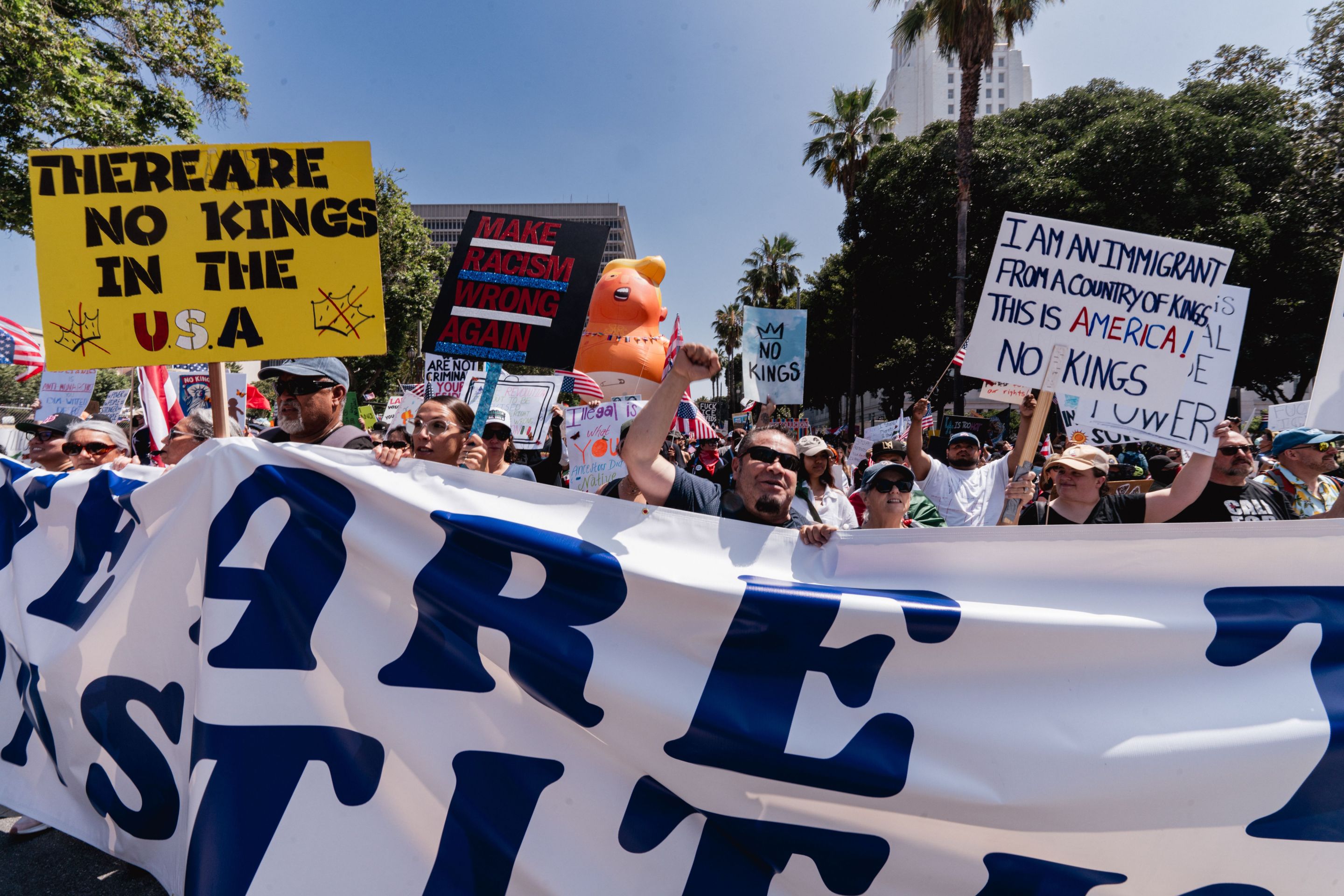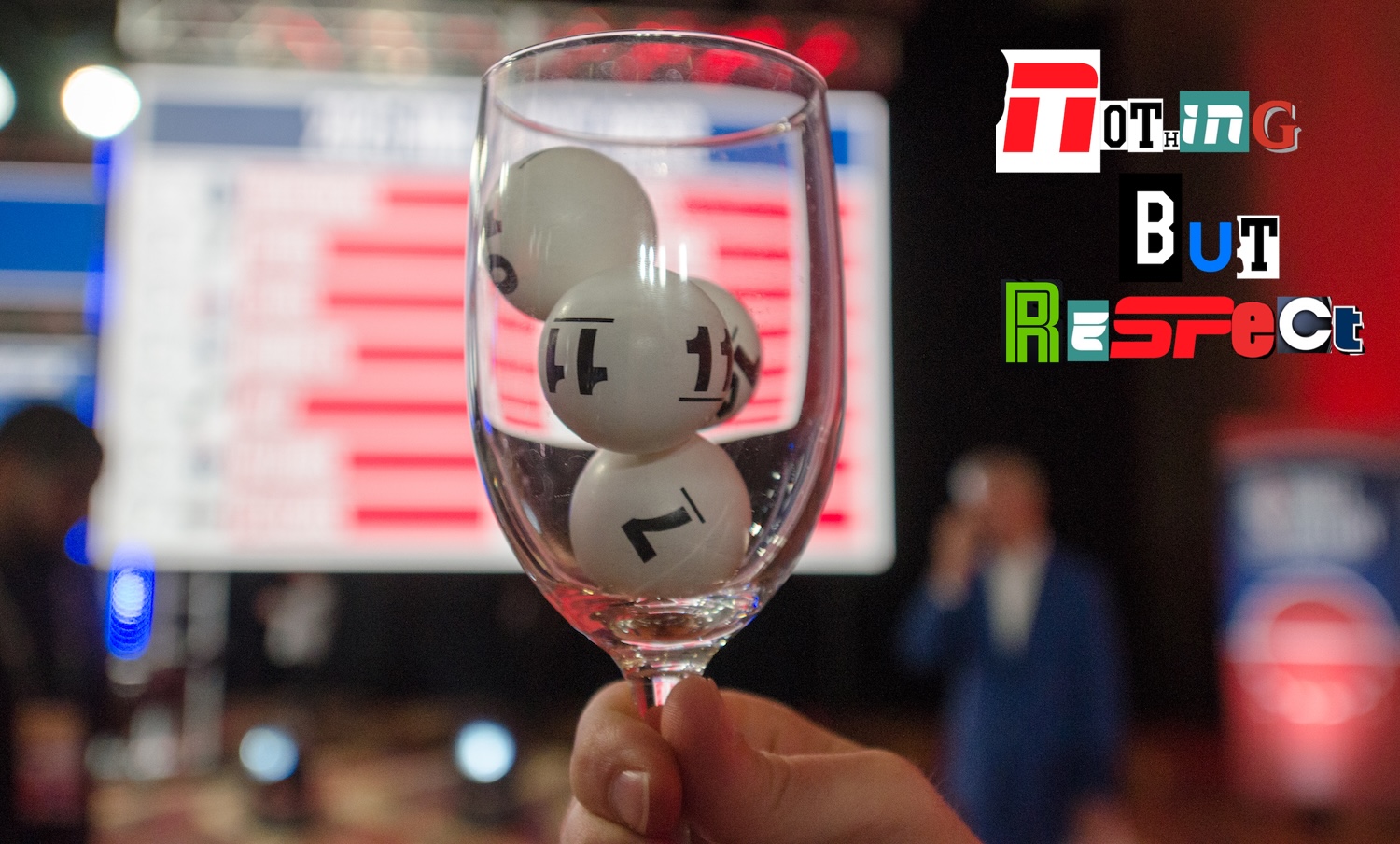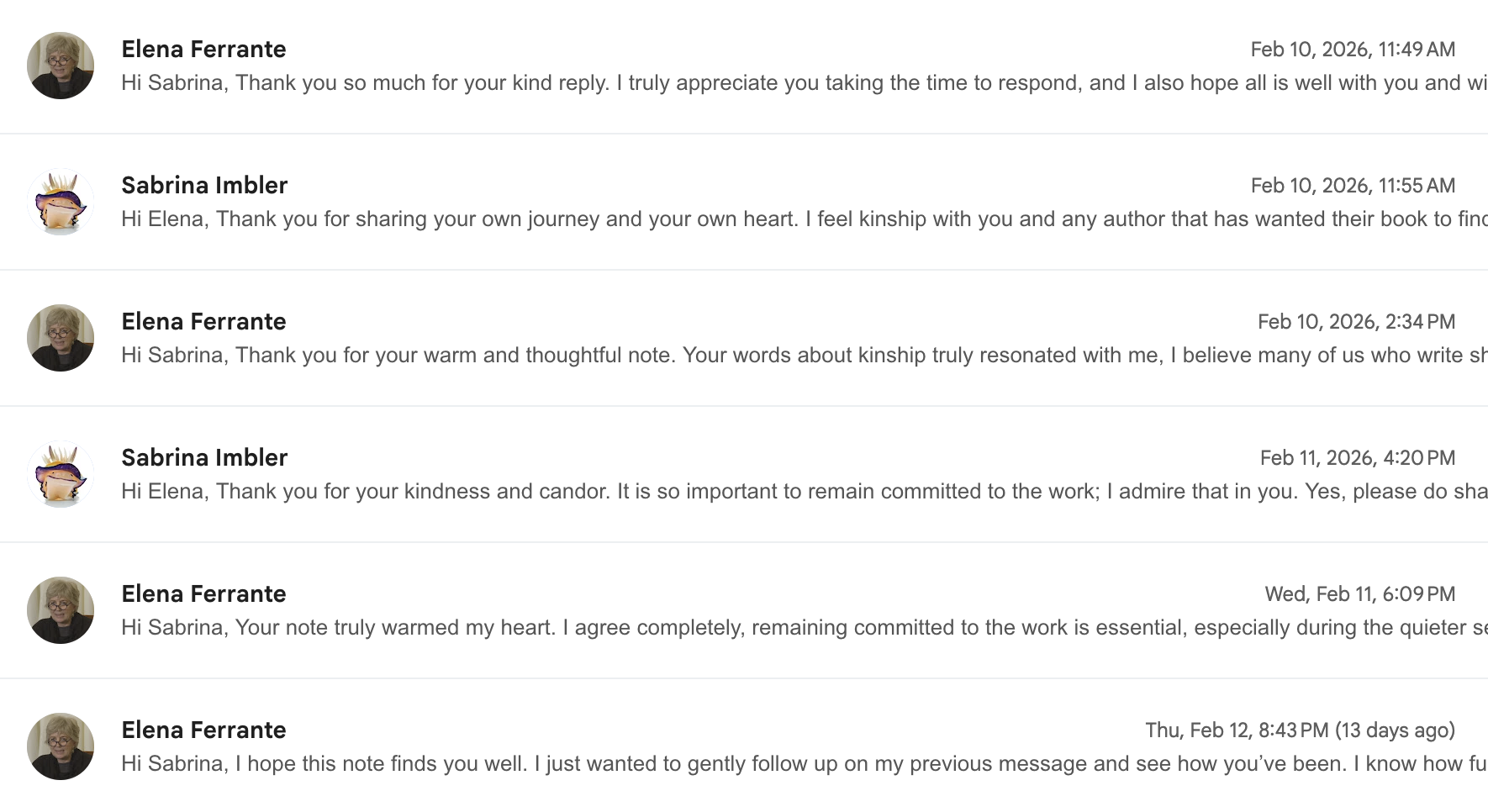Reading or watching the news has become a real nightmare for me, as I imagine it must be for anyone reading this. Each day seems to bring some new horror or tragedy, and if the non-stop procession of bad news itself doesn't desensitize you, there's all those hucksters out there trying to sell you the idea that, actually, your empathy is wrong. It's enough to make you want to check out of everything altogether.
And plenty of people have. One of the worst byproducts of Trump's second electoral victory was a refrain I heard a lot, usually from other black people: this concept of "resting." The idea starts with the fact that, going back at least to the civil rights movement, black people have spent so much time fighting for our humanity and our communal betterment, only to watch the white-supremacist power structure repeatedly thwart any possibility of radical, positive change. And so, if white people and those who hope to sidle up to white supremacy are so determined to hold onto power, even if it means destroying themselves in the process, then we should let them. Our time now is the time to disengage from the political carousal and do what is best for ourselves. Black self-care as a political ideology unto itself.
This is one of those positions that might sound sensible enough if you don't think about it too hard, and because we are in a second Trump administration, no one is doing much of that anymore. It's not just black people or other marginalized communities, either; we're in a generational malaise that has seeped even into pop culture. But the biggest fault in this "resting" logic—beyond the fact that its biggest proponents are people who were never activists in any real way beyond tweeting fervently and voting every two years—is that it hinges on a misunderstanding of what the civil rights movement was about in the first place.
Historically, black people have been treated worse than second-class citizens in this country. Jim Crow laws in the South made it so that whatever you did to a black person as a white person was essentially legal. The civil rights movement—a catch-all that encompasses a mosaic of different kinds of people from across the political spectrum—united people around the common purpose of ensuring for black people in America full rights of citizenship, with all that promised. It was not a fight to "get along with white people" or to join their clubs, schools, or environments for the fun of it. It was about recognition of black people as equals in the eyes of the law and, thereby, in society as a whole.
It was a hard-fought battle that never would or maybe never could be definitively "won." That isn't to deny the enormous gains from the 1950s to today, but it is to clarify that the work of progress is never finished, and nobody has earned the dubious right to check out of the continuing efforts to build a better society. As long as there are systems of power, there will always be a struggle to determine who that power recognizes and who it steps on. Because an injustice anywhere is a threat to justice everywhere. At some point, this understanding has been lost. Part of that is down to the anesthetizing effect of real but limited progress and individual success, which can soften collective resolve in favor of self-interest, as well as online algorithms that direct hate right into our brains consistently. America has always been a nation of individual protectionism, where what matters is defending my little slice of the pie instead of banding together for more. A dark irony of the civil rights movement's success, coupled with decades of anti-union activism and propaganda, is that it welcomed black people into that all-American world of ruthless individualism. The lapsing of the greater cause of the civil rights movement is not an indictment of our forebears in the struggle, but rather of us for giving into complacency rather than continuing their fight.
This past week was the first time I truly had to grapple with the notion that the country just might be irrevocably broken. What did it was watching a sitting president more or less declare war on one of the country's major cities, sending the Marines to Los Angeles as though they were his personal security team. Watching him put on a flaccid parade in his own honor for a tiny audience of sycophants. Seeing the assassinations of an elected official and their partner by a man posing as a cop, while a bunch of ghouls argue over the murderer's voting record.
The disillusionment of those scenes was, thankfully, countered by the sight of the huge numbers of people who rose up to protest against everything the president stands for. It made it vividly clear that this is the moment where we have to decide, together, whether or not we will hand over our future to the nihilists, to the angry, too-online clowns gleefully watching the country's collapse from their parents' house, to the AI-obsessed tech oligarchs thrilled by the prospect of being the last humans on Earth, to the scammer administration making billions off naked corruption. Are we going to stand up and decide we don't want this and we're not going to put up with it? Or are we doomed to just bury our heads in the sand while this administration steals and kills and starts wars and economic meltdowns and generally gives all of us a middle finger?
Trump keeps escalating the aggression domestically and abroad, because he's eager for a fight and completely indifferent to any notion of the greater good, even as it pertains to his own base. It's now on us. One bad thing about being in America is that it's really easy to distract yourself and keep passing the buck for as long as possible. America is a shining example of how much humans will put up with just to avoid conflict. And while the No Kings protests were a great demonstration of how many people do not stand behind the president's policies, it's gonna take a lot more than police-guided marches and clever picket signs to deal with the issues. The mainstream media will not be on our side. The political establishment of both parties will not be on our side. The money definitely will not be on our side. The only power we have is the power of numbers, and the only way to get people to take us seriously is through our combined force. It's up to us to decide if we want to fight for an America that still includes us rather than kills us all, and we have to do it before it's too late.






